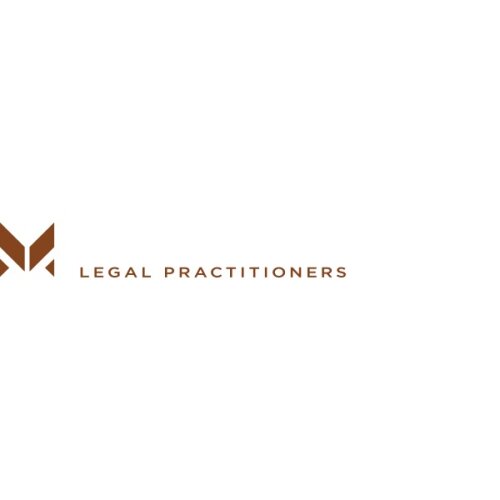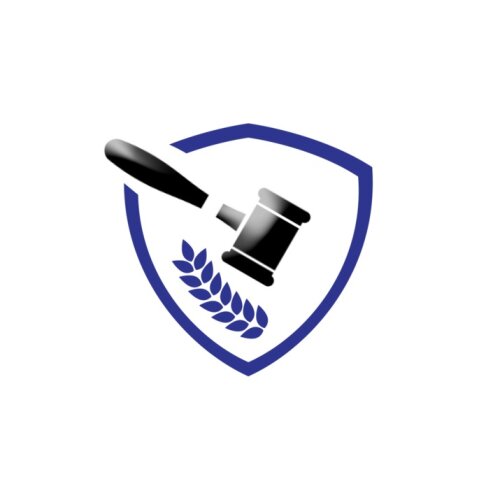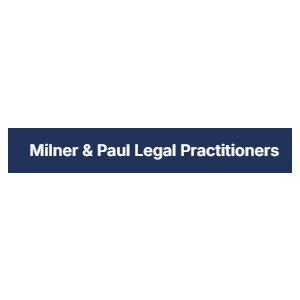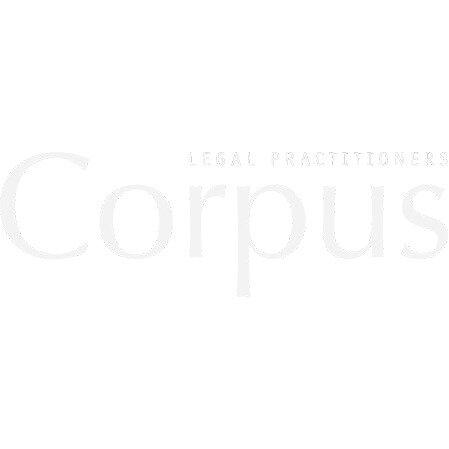Best Mining Law Lawyers in Lusaka
Share your needs with us, get contacted by law firms.
Free. Takes 2 min.
List of the best lawyers in Lusaka, Zambia
About Mining Law in Lusaka, Zambia
Mining law in Lusaka, Zambia regulates the exploration, extraction, and processing of mineral resources within the country. Zambia is well-known for its rich mineral deposits, primarily copper, cobalt, and gemstones. The legal landscape for mining is primarily governed by the Mines and Minerals Development Act of 2015, which outlines the rights and obligations of stakeholders involved in the mining sector. The Act, together with related statutes and regulations, seeks to promote responsible investment, environmental stewardship, and community welfare in mining activities. The Ministry of Mines and Mineral Development oversees the administration and enforcement of mining laws in Lusaka and across Zambia.
Why You May Need a Lawyer
Navigating mining law in Lusaka can be complex due to the technical, regulatory, and financial aspects involved. Here are common situations requiring legal expertise in mining law:
- Applying for mining or prospecting rights and permits
- Negotiating joint venture or partnership agreements for mining projects
- Ensuring regulatory compliance with local, environmental, and safety laws
- Handling disputes with landowners, the government, or other stakeholders
- Restructuring or selling mining assets and interests
- Managing tax, royalty, and revenue-sharing obligations
- Advising on foreign investment requirements and transfer of shares
- Responding to government investigations or enforcement actions
- Facilitating community engagement and compensation negotiations
- Assisting with closure of mines and rehabilitation requirements
A lawyer who specializes in mining law can provide guidance at every stage to protect your rights, ensure compliance, and mitigate risks.
Local Laws Overview
Mining activities in Lusaka and throughout Zambia are governed mainly by the Mines and Minerals Development Act 2015. Key aspects of local legislation include:
- Licensing: Mining operations require various licenses, such as exploration licenses, large-scale or small-scale mining licenses, mineral processing licenses, and mineral trading permits.
- Ownership: The Zambian government retains ownership of all mineral resources. Rights to mine are granted through licenses subject to compliance with established conditions.
- Environmental obligations: Environmental Impact Assessments are mandatory before commencing certain mining projects. Environmental management and rehabilitation plans must also be in place.
- Community rights: Laws protect the rights of local communities, including compensation for land use, consultation, and participation in benefit-sharing arrangements.
- Fiscal regime: The law outlines royalty rates, taxes, and other fees payable by mining companies. Special provisions exist for certain minerals and investment incentives.
- Foreign participation: Foreign investors are permitted in the mining sector subject to specific conditions, including compliance with investment laws and possible partnership requirements.
- Dispute resolution: Specific procedures exist for resolving disputes relating to licensing, compensation, and other mining activity matters, often involving tribunals or courts.
Understanding these aspects is crucial for anyone involved or interested in mining in Lusaka, whether as an individual, local business, or foreign investor.
Frequently Asked Questions
What types of mining licenses are available in Lusaka, Zambia?
There are several types of mining licenses including Prospecting Licenses, Large-Scale Mining Licenses, Small-Scale Mining Licenses, Mineral Processing Licenses, and Mineral Trading Permits. Each type corresponds to the nature and scale of the intended activity.
Who is eligible to apply for a mining license?
Individuals, companies, and joint ventures who meet the legal requirements and demonstrate technical and financial capacity can apply for mining licenses. Foreign entities must often incorporate a local company to conduct mining operations.
How does the government regulate environmental protection in mining?
Mining projects must undergo Environmental Impact Assessments and obtain approval before starting operations. Ongoing environmental monitoring and compliance with approved management plans are strictly enforced.
Are there restrictions on foreign participation in the Zambian mining sector?
Foreign investors can participate in mining subject to compliance with the Mines and Minerals Development Act and investment regulations. Certain mining rights might require a percentage of Zambian ownership or local partnership.
What are the main taxes and royalties in Zambian mining?
Mining companies are subject to corporate tax, mineral royalties, and other applicable taxes such as Value Added Tax. Royalty rates vary depending on the mineral and market conditions.
How are disputes in mining resolved?
Disputes may be resolved through administrative processes within the Ministry of Mines, independent tribunals, or courts of law. Some agreements may specify arbitration or alternative dispute resolution.
Do communities have a say in mining projects?
Yes, affected communities are entitled to consultations, fair compensation, and benefit-sharing where applicable. Community rights are protected by law and are enforced by governmental authorities.
What is the process for acquiring land for mining?
Applicants must first secure mining rights, then negotiate with landowners or the state for access. Consent and compensation may be required if the land is privately owned or occupied.
Is it possible to transfer a mining license?
Yes, mining licenses can be transferred or assigned subject to approval from the Ministry of Mines and fulfillment of legal conditions.
What are the penalties for non-compliance in mining operations?
Penalties range from fines and suspension or cancellation of licenses to criminal prosecution in cases of serious violations of mining or environmental laws.
Additional Resources
If you need more information or assistance with mining law in Lusaka, consider reaching out to the following:
- Ministry of Mines and Mineral Development: Primary regulator for mining activities, licenses, and compliance oversight.
- Zambia Environmental Management Agency (ZEMA): Oversees environmental assessments and approvals for mining projects.
- Zambia Chamber of Mines: Industry body offering information, resources, and advocacy for mining companies.
- Mining Cadastre Department: Manages applications for mining rights and maintains mining registry records.
- Legal Aid Board of Zambia: Provides basic legal assistance and referrals relating to land and mining matters.
Next Steps
If you are considering engaging in mining activities or face legal issues related to mining in Lusaka, follow these steps for the best outcome:
- Identify your specific needs or challenges (licensing, compliance, disputes, etc.).
- Gather all relevant documents, correspondence, and information about your case or project.
- Consult a qualified legal practitioner or law firm with experience in Zambian mining law.
- Engage with the appropriate government authorities early to ensure you understand the latest regulatory requirements.
- Stay informed about changes to mining regulations or policies that could affect your activities.
- Consider reaching out to industry associations or advocacy groups for further guidance or support.
Taking these proactive steps will help protect your interests and ensure compliance with mining laws in Lusaka, Zambia.
Lawzana helps you find the best lawyers and law firms in Lusaka through a curated and pre-screened list of qualified legal professionals. Our platform offers rankings and detailed profiles of attorneys and law firms, allowing you to compare based on practice areas, including Mining Law, experience, and client feedback.
Each profile includes a description of the firm's areas of practice, client reviews, team members and partners, year of establishment, spoken languages, office locations, contact information, social media presence, and any published articles or resources. Most firms on our platform speak English and are experienced in both local and international legal matters.
Get a quote from top-rated law firms in Lusaka, Zambia — quickly, securely, and without unnecessary hassle.
Disclaimer:
The information provided on this page is for general informational purposes only and does not constitute legal advice. While we strive to ensure the accuracy and relevance of the content, legal information may change over time, and interpretations of the law can vary. You should always consult with a qualified legal professional for advice specific to your situation.
We disclaim all liability for actions taken or not taken based on the content of this page. If you believe any information is incorrect or outdated, please contact us, and we will review and update it where appropriate.

















